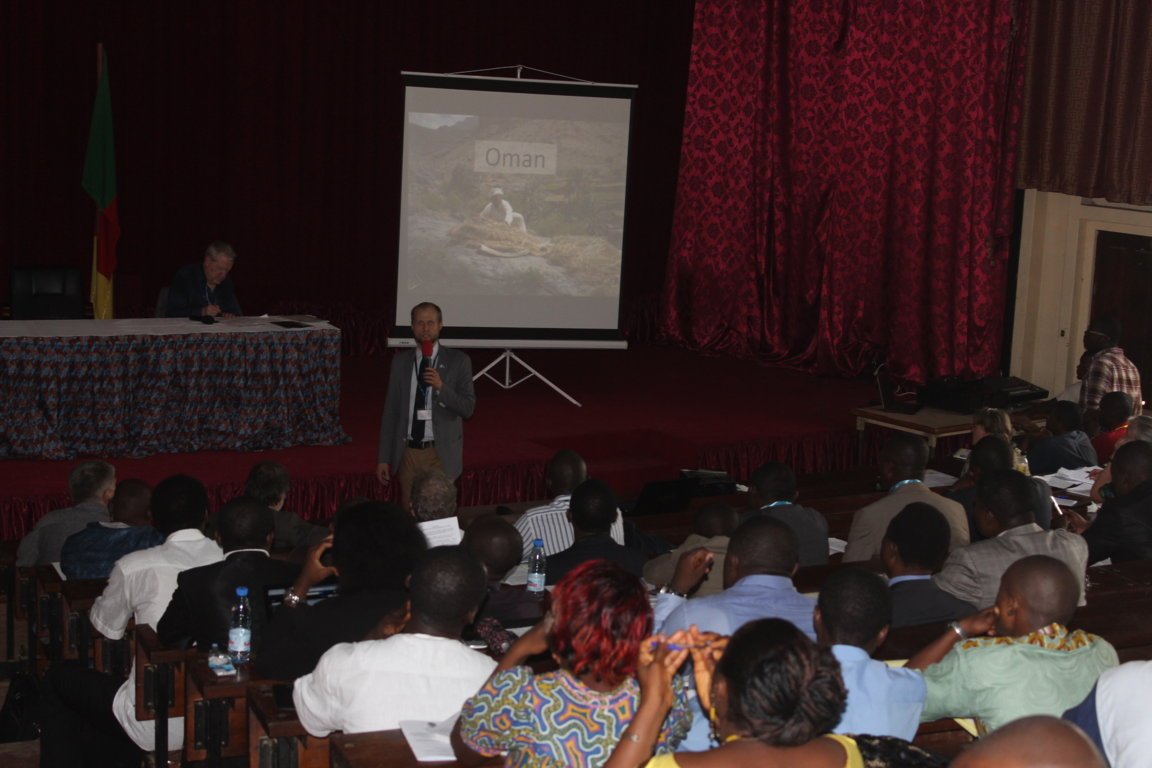
Created in 2007 by a consortium of 10 researchers from 5 African countries (Cameroon, South Africa, Uganda, Zambia and Tanzania) and 4 European countries (Germany, Sweden, Netherlands and Italy), the PRD College was a research group focusing on poverty-related diseases.
Its aim was to bridge the gap between the biological sciences, health and development in Africa. The PRD College aimed to encourage young African and European scientists to conduct research into neglected poverty-related diseases (PR & ND), in order to support the development of their respective countries. These diseases are of common concern both to African countries wishing to develop, and to the European Union wishing to contribute to and collaborate with Africa in this development. This was an interactive program in biomedicine and development, a virtual institute and a network linking young African and European biomedical researchers and their home institutions, to consolidate science and its role in Africa's overall development. The PRD College promoted collaboration between young researchers, encouraging them to place science in the context of development in Africa. Particular emphasis was placed on certain capacity areas, through optional and compulsory courses followed by a development internship in an African institution and a science exchange program. Training capacities, divided into 6 work modules and 4 committees, were strengthened in 3 PRD centers in Uganda, South Africa and Cameroon. They involved doctors, doctoral students at an advanced stage of their research and post-docs from Africa (12) and Europe (12).
The PRD College trained trainee scientists to a level where they could become trainers in their own countries, using the principle of the oil-stain effect to spread knowledge and this new approach. It was structured as follows:
between the Faculty of Medicine and the Centre National de Développement du Numérique Universitaire (CNDU)